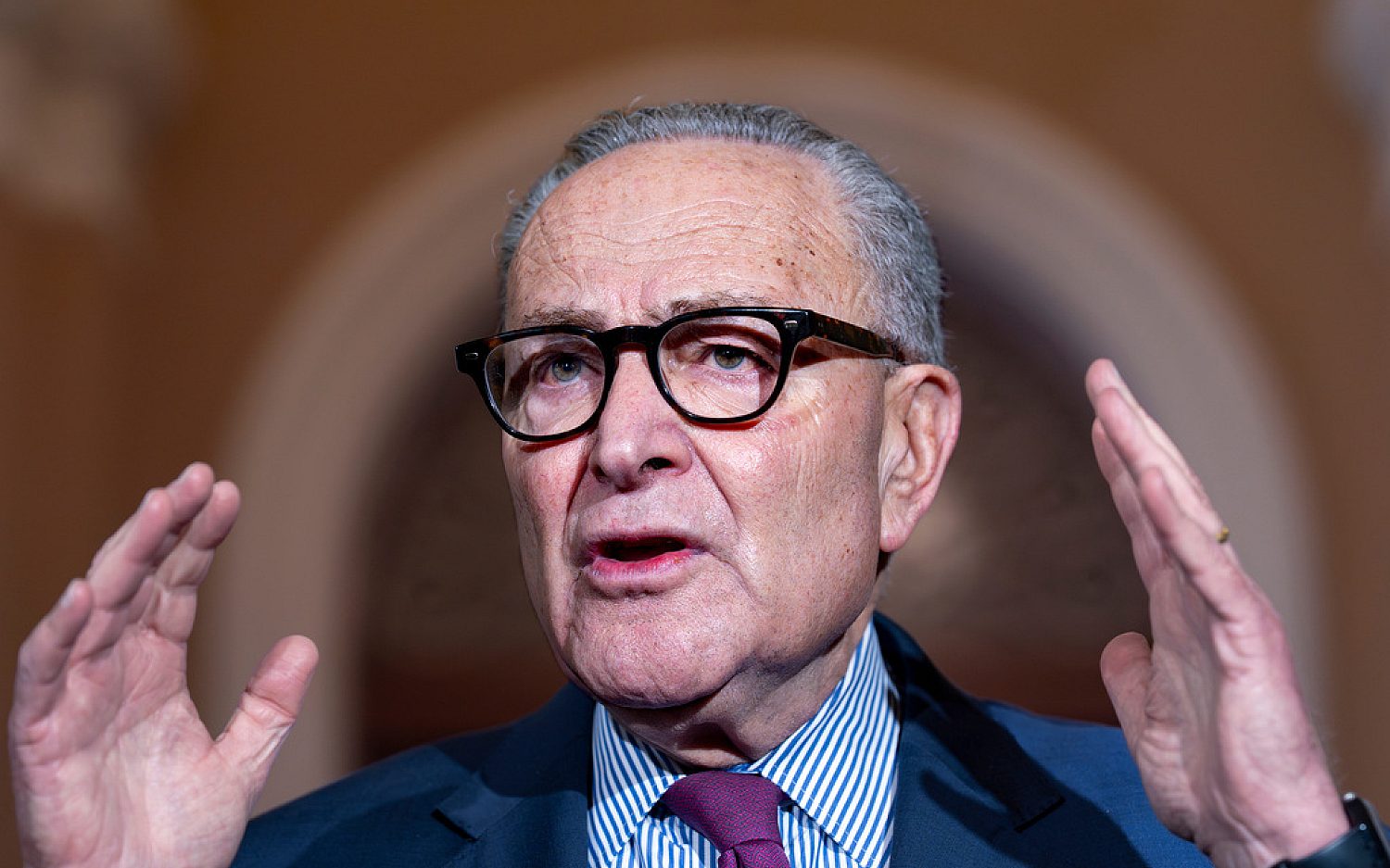China cancels surrogacy ban amid fears over shrinking population
China canceled its proposed ban on surrogate motherhood last month just before its one-child policy officially ended Jan. 1. The two policy shifts represent China’s attempt to address its declining birthrate and the needs of a growing elderly population.
China faces an aging population the United Nations estimates will make up a quarter of its population by 2050—too large a percentage to depend on the younger workforce. Simultaneously, China’s birthrate has dipped to dangerously low levels. The Chinese Academy of Social Sciences (CASS) said in a recent report the country’s fertility rate has reached 1.4 children per woman, just shy of the 1.3 global warning level.
“In the future we will have a labor shortage and labor aging, this is what definitely will happen,” CASS Institute of Population and Labor Economics professor Zheng Zhenzhen warned. “For the developed countries we observed, their response to that is introducing immigrants. However for China, we have such a large population, I don’t think any country can fill this large hole when we need more labor force, so we can only solve this problem by ourselves.”
While China hopes to encourage more births by reversing its one-child policy, it also has attempted to encourage births by continuing to allow surrogacy, Voice of America (VOA) reported. About 12 percent of the population may not be able to bear their own children due to infertility or lack of desire.
The Standing Committee of the National People’s Congress, China’s lawmaking body, canceled the proposed surrogacy ban after already making it public, a rare phenomenon. The government typically believes reversing a decision after it’s already announced could make leaders appear weak, VOA reported.
Even before the policy reversal, surrogacy in China was a growing, underground market producing more than 10,000 births annually, The New York Times reported in August. Nearly 1,000 surrogacy brokers do business in China.
Some legislators feared banning surrogacy would encourage the black market and only push wealthy Chinese couples to go overseas to find surrogates.
“Some of the members of the Standing Committee argued the surrogacy cannot be totally forbidden,” said Zhang Chunsheng, head of legal affairs at the National Health and Family Planning Commission. “Rich people will still be able to go abroad to countries where surrogacy is allowed.”
But they may find it harder to hire a surrogate in countries that previously encouraged the practice. The number of countries allowing surrogacy for foreign couples is decreasing. At the same time, Chinese social factors have made surrogacy an appealing option for many. Parents who lost a child during the one-child policy may be too old to have more children but could turn to a surrogate for help. And according to the Times, more Chinese couples are waiting until their late 30s to start families, making it harder to conceive.
But Joshua Freedman, research manager at China Policy, told VOA the government likely will address surrogacy in the future.
“The two-child policy could create greater demand from families to turn to surrogacy if they cannot have children themselves,” he told VOA. “Legislators seem more concerned with dealing first with the two-child policy and pushing questions about surrogacy to a later date after further discussion.”
An actual newsletter worth subscribing to instead of just a collection of links. —Adam
Sign up to receive The Sift email newsletter each weekday morning for the latest headlines from WORLD’s breaking news team.




Please wait while we load the latest comments...
Comments
Please register, subscribe, or log in to comment on this article.